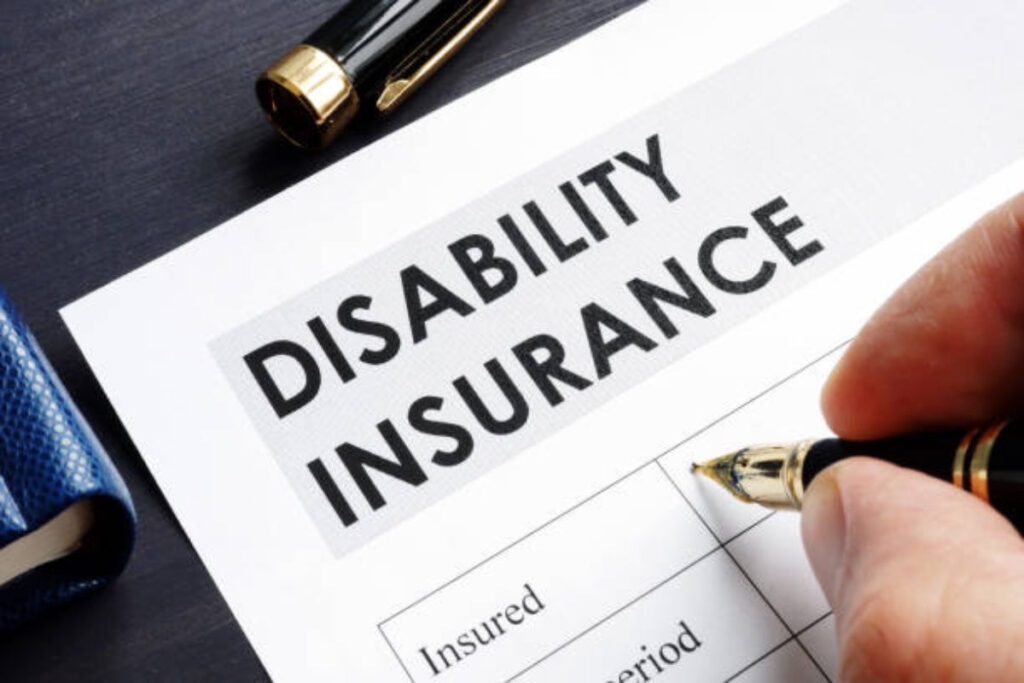In any legal case, be it long-term disability, car accident, or medical malpractice, evidence is crucial. The word is frequently used by attorneys, which means important facts and pieces of information to prove something is true. In a long-term disability claim, evidence is used to determine whether the person indeed has a qualifying medical condition.
Evidence can include various things, such as medical reports, signed forms, clinical notes, and employment information. Your claim becomes difficult to deny when you have strong legal representation and solid evidence. Consult a nationwide long term disability claims lawyer today to get help gathering evidence.
List of important evidence in a long-term disability claim
- Long-term disability claims file.
Every long-term disability claim has a file with hundreds or maybe thousands of pages maintained by the insurance company. These pages contain the forms completed by you, your employer, and your primary treatment provider. Additionally, it may also contain clinical notes from your doctor, records from specialists, telephone call records, emails, information about the policy, important dates, etc.
With so many complex pages in the file, it can be difficult to navigate and find something to help your claim. On the other hand, an experienced attorney can find mistakes on the insurer’s part that may benefit you later in the litigation.
- Medical evidence.
In a long term disability claim, perhaps one of the most important pieces of evidence is medical evidence. A doctor simply stating that you are “completely disabled” is often not enough to receive LTD benefits. You must provide other crucial information supporting that sentence, such as your medical history, physician’s notes, objective test results, etc. This information is not easy to obtain and can take a lot of time.
- Treatment provider records.
Besides clinical notes and records in the long-term disability claim file, you should obtain updated treatment records from each of your medical providers and not just your family doctor. Other important evidence includes prescription summaries, diagnostic imaging, and hospital charts that can help prove the case. The quicker you provide this information, the quicker your case is likely to be resolved.
- Test results.
It is difficult to deny a claim when you have proof of clinical symptoms through test results. The more tests, the better. Some are important to establish a diagnosis, and others are important to establish functional limitations. Many people do not have enough test results because their doctor did not think it was important. Do not make this mistake. Work with an attorney to determine which medical exams you should go through.



